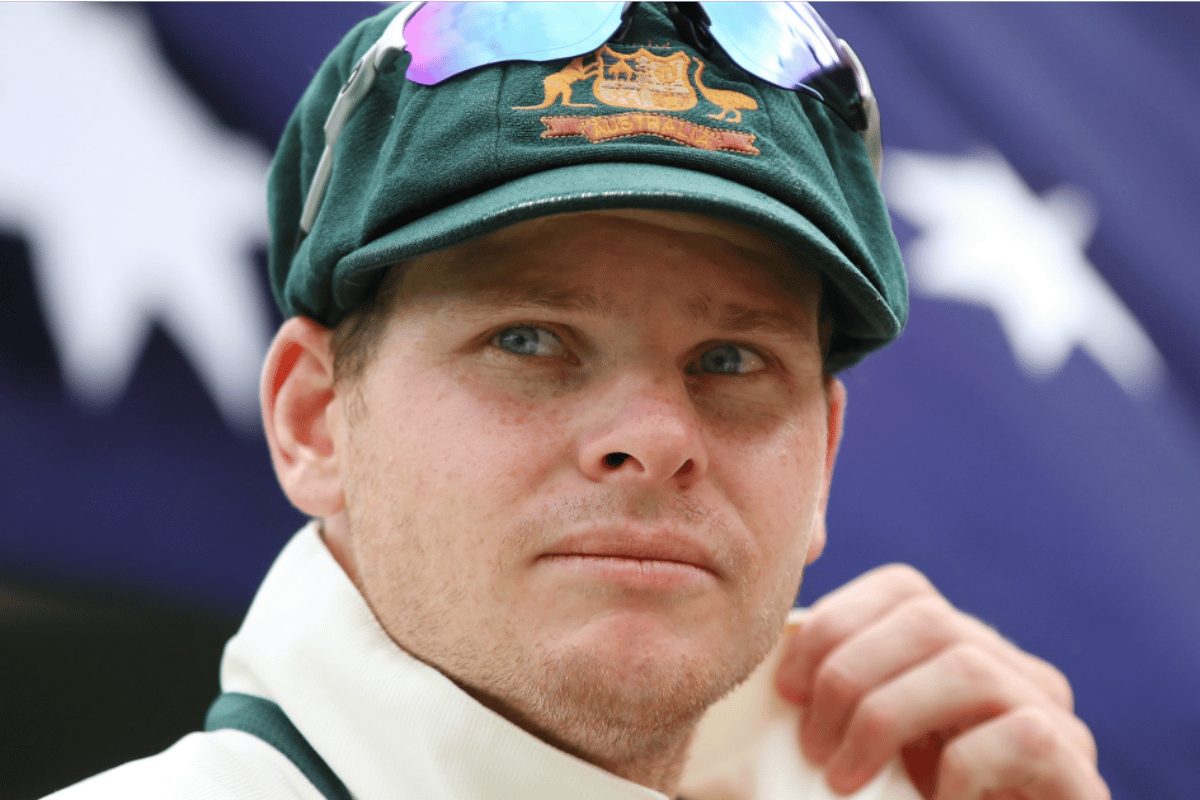
In March 2018, three Australian men likely made the single biggest mistake of their lives.
Steve Smith, the then Captain of the Australian national cricket team, along with Vice Captain David Warner and player Cameron Bancroft, decided to rough up one side of the ball with sandpaper in order to make it swing while in flight.
It’s difficult to imagine a clearer way to cheat in a match that doesn’t lend itself to many options. There’s a field, a bat and a ball. If a team can manipulate the direction of a ball, they’re manipulating the outcome of the match.
And so, the world watched as 25-year-old Bancroft pulled a small bright yellow square from his pocket and used it to rub the cricket ball he prepared to bowl.
The moment Cameron Bancroft was caught on ball-tampering camera. Post continues below.
Australian coach Darren Lehmann reportedly remarked, “What the f*ck is going on?” watching the footage replay on screens at Newlands Stadium in Cape Town. As the umpires moved in on Bancroft, he knew – everyone knew – the seriousness of what had just happened.

Top Comments
Yes, so true, unless you're not an Australian cricketer and then BY GOD you are pilloried and never play cricket again ever (Hansie Cronje, ringing any bells?). The tutting and holier-than-thou posturing around that was a total circus. Steve Smith got caught with his hands in the cookie jar. He is sorry for being caught, undoubtedly. The end.
Let’s not forget Smith continued playing cricket but in a different country, he didn’t stop playing for the 12 months. Also Cameron the most inexperienced player hasn’t played for Australia since... yes you can make a mistake, yes you can come back from that. But I don’t think he’s the most hard done by player that was caught up in the entire situation.
He’s not the one who thought up the hair Brained idea so why should he be the most hard done by. He’s played for his local Sutherland club and in the super league in India, I’m sure Cameron would have liked to have been picked up for the Indian cricket if he was good enough!
He may not have thought of it, but he knew about the plan and did nothing to stop it, despite being the captain. While I'm glad he's able to keep playing, he's proven he doesn't have what it takes to lead and he should never be given those responsibilities again.